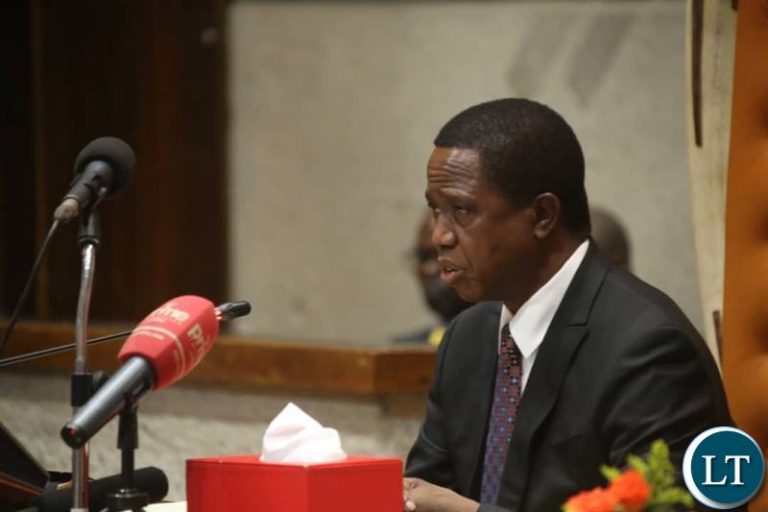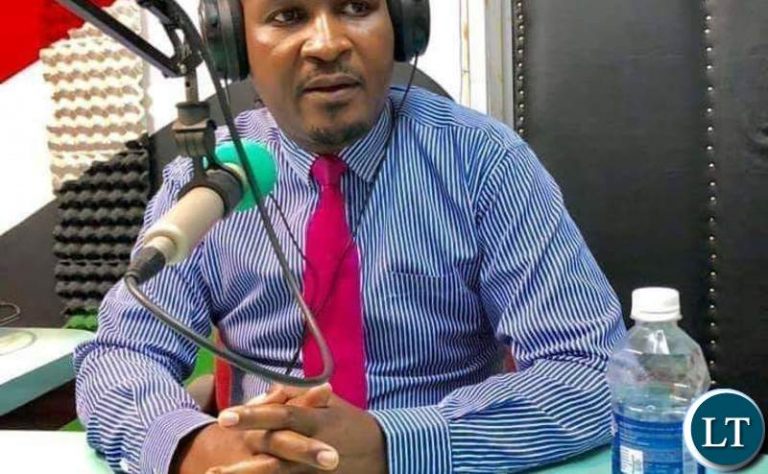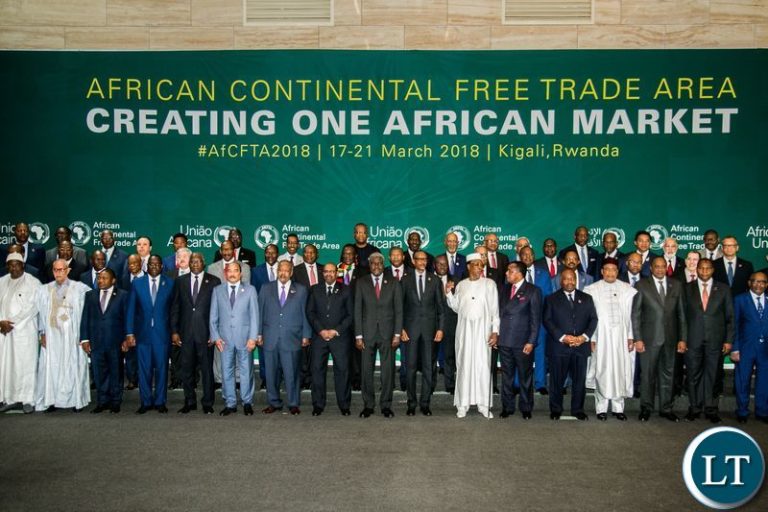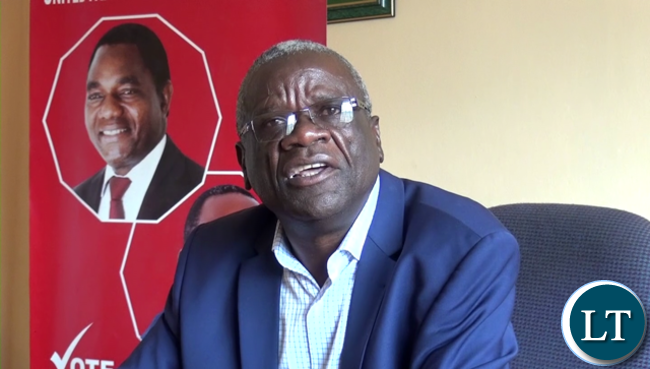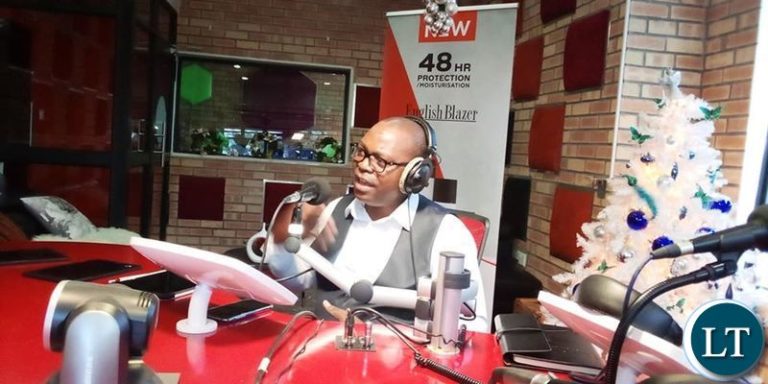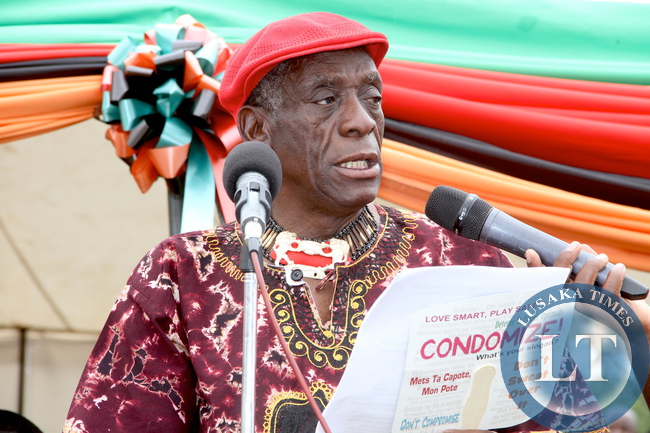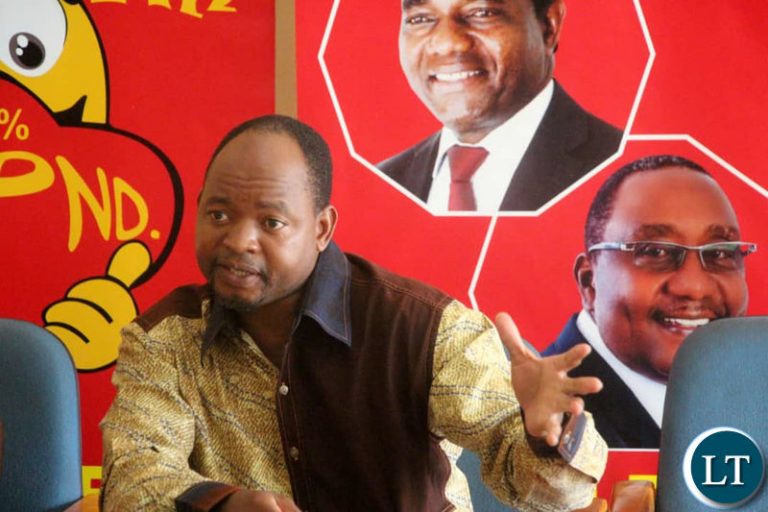The People’s Alliance for Change is surprised that President Edgar Lungu is casting the blame on some church officials and traditional leaders for the recent spate of mob attacks that have left at least 50 people dead countrywide.
Party President Andyford Banda says his party is taken aback by the President’s utterances targeted at the Church and the Traditional Leaders when he updated the nation on the progress made in the application of national values and principles instead of uniting the nation.
Mr Banda said such statements have potential to further divide the nation because the accused groupings are key to the promotion of peace and unity in the nation.
“President Edgar Lungu has time and again called on the same Church and traditional leaders to give counsel to politicians on various national issues and we are surprised that today he is blaming them over gassing”, he said.
Mr Banda said the attacks on citizens suspected to have been behind the chemical spraying was as a result of frustration caused by the failure of the police to arrest the situation when it started in Chingola.
He said instead of finger-pointing, the President should, therefore, engage the Church and Traditional Leaders on the need for them to start educating their subjects and congregants on the importance of not taking the law in their own hands.
Meanwhile Mr Banda said President Lungu’s intentions to set up a Commission of Inquiry in the gassing of citizens will be a sheer waste of resources considering that the country is broke.
He said Zambia currently Zambia currently is facing a lot of challenges that require attention from government other than a Commission of Inquiry on gassing.
He said the President should therefore allow the security wings to conclude their investigations on the matter.
Mr Banda said the constituting of a Commission of Inquiry will be passing a vote of no confidence in the Security Wings who have indicated that they are making progress in concluding investigations and bringing the culprits to book.



